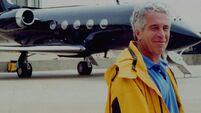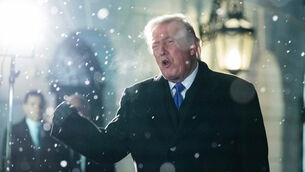Protests will continue, Zimbabwe opposition says
Opposition officials in Zimbabwe vowed to continue a week of anti-government strikes and protests today despite a tough crackdown by President Robert Mugabe’s security services.
Riot police were stationed throughout the capital Harare, where banks and most businesses remained shut. Few cars were on the streets.














